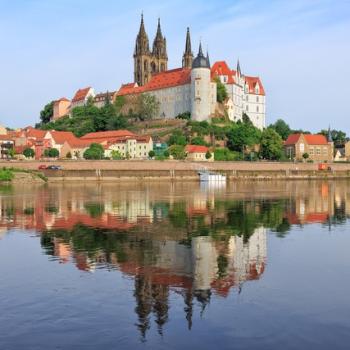By the Paganism Library Team
Paganism represents a wide variety of traditions that emphasize reverence for nature and a revival of ancient polytheistic religious practices. Some modern forms of Paganism have their roots in 19th century CE European nationalism (including the British Order of Druids), but most contemporary Pagan groups trace their roots to the 1960s, and have an emphasis on archetypal psychology and a spiritual interest in nature. Paganism is not a traditional religion per se because it does not have any official doctrine, but it does have some common characteristics joining the great variety of traditions. One of the common beliefs is the divine presence in nature and the reverence of the natural order in life. Spiritual growth is related to the cycles of the Earth and great emphasis is placed on ecological concerns. Monotheism is almost universally rejected within Paganism and most Pagan traditions are particularly interested in the revival of ancient polytheist religious traditions including the Norse (northern Europe) and Celtic (Britain) traditions. Many Pagan traditions are intentionally reconstructionist in that they aim to revive many of the lost rituals of the ancient traditions including holy days and seasonal celebrations. Besides Nature, many Pagans also worship a variety of gods and goddesses, including spirits which can represent national and local heroes as well as deceased family members. In this sense, many Pagans try to honor their ancestry and ancestors. Some Pagan traditions include ritual magic, but this practice is not universal.
7/13/2009 4:00:00 AM




